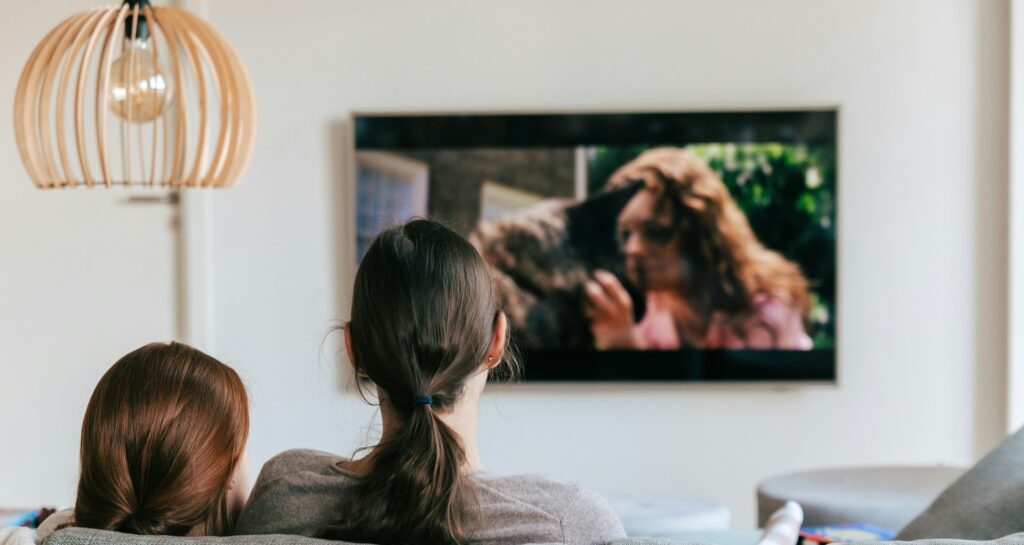
In today’s always-connected world, it’s easy to spend hours online without even realizing it. From scrolling through social media to watching back-to-back videos, screen time can add up fast. But not all digital time is created equal. When used intentionally, online entertainment can support mental well-being, reduce stress, and even strengthen social bonds.
For adults and seniors especially, light and engaging digital activities—like puzzles, brain games, and virtual social games—can provide much-needed leisure. Platforms like High Roller offer casual, play-for-fun experiences that allow users to unwind without the pressure of spending real money. These experiences bring the feel of a traditional casino into a relaxed, virtual space that’s focused purely on fun.
The Positive Side of Screen Time
Not all screen time is harmful. In fact, research shows that moderate use of digital entertainment can support mental health and even cognitive function. A recent study from the National Institute on Aging found that adults who engage with digital games and online communities report lower levels of loneliness and higher levels of satisfaction in daily life.
Games that are built around strategy, pattern recognition, and memory support mental sharpness. Interactive entertainment can also provide structure, which can be especially beneficial for retirees or people managing chronic stress. Whether it’s a virtual card game or an immersive digital slot experience, these activities help create moments of positive focus.
Signs of Healthy Screen Use
Finding balance means being aware of how and why you use digital platforms. Here are a few signs your screen habits are on the right track:
- You feel relaxed, not drained, after a session online.
- Your digital entertainment has a clear start and end time—it doesn’t take over your day.
- You use screens to connect with others or to engage in mentally stimulating activities.
- You regularly take breaks, stretch, or switch activities after extended use.
If screen time becomes something you rely on to escape responsibilities or avoid interaction altogether, it may be time to reassess. The goal is to make digital entertainment a healthy addition to your life, not a replacement for real-world connection.
Digital Games as a Wellness Tool
One reason casual gaming has become so popular is its simplicity. You don’t need any special equipment or skills—just a smartphone, tablet, or computer. Social games are especially useful in promoting cognitive stimulation without pressure.
These platforms typically offer short, interactive experiences that are ideal for winding down after a long day. For example, matching-style games or slot-inspired games focus on light strategy and pattern recognition, which help keep the mind active.
Moreover, many social gaming platforms now include built-in reminders or daily limits to help users monitor their play time. These small features encourage players to engage responsibly and enjoy the experience without overindulging.
Creating a Balanced Digital Routine
To get the most out of online entertainment, it helps to build structure around your screen time. Here are a few healthy habits to consider:
- Schedule your screen time the same way you would schedule a walk or lunch break. Give it a beginning and an end.
- Pair screen time with movement. Set a timer to stretch every 30 minutes or walk after a digital session.
- Use entertainment as a reward, not a filler. Enjoy a round of a game or a short video after completing a daily task.
- Mix your media. Balance interactive screen time (like games) with passive screen time (like reading or watching videos).
You can also use online platforms to connect with friends and family. Whether it’s sharing a favorite video or playing a social game together, screen time can be a way to stay close, especially for seniors or those living alone.
When to Unplug
Knowing when to disconnect is just as important as knowing how to engage. If you notice that digital activities are interfering with sleep, relationships, or work, it may be time to set firmer boundaries. Signs of screen fatigue include eye strain, irritability, and lack of focus during non-digital tasks.
The key is to use online entertainment as a mindful activity—not as a passive habit. When approached this way, digital games, social apps, and streaming content can offer a valuable part of a healthy lifestyle.
Supporting Digital Wellness for All Ages
From young adults to seniors, everyone benefits from a balanced approach to screen time. Casual digital entertainment, such as the games found on platforms like High Roller, can offer joy, mental stimulation, and a sense of achievement.
Just as importantly, many local wellness organizations and health advocates are now encouraging responsible screen use as part of healthy aging and digital literacy programs. For example, The National Institute on Aging offers insights into how technology can enrich life for older adults.



